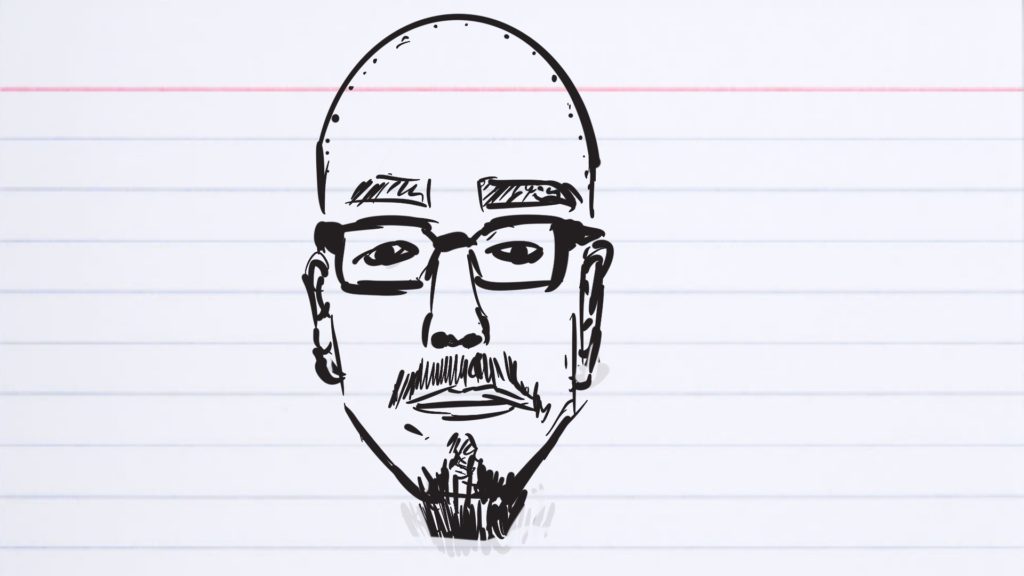Podcast: Finding Mastery
Episode: Shea Serrano on Why It All Comes Down to Grit
I was excited to see Shea’s name pop up on my podcast feed. I’ve got Movies (And Other Things) on the bookshelf. I’ve listened to the Rewatchables Bloodsport episode more than a few times. And I’m definitely looking forward to The Connect, his upcoming podcast with Jason Concepcion.
One of my favorite exchanges on any podcast is Chuck Klosterman asking Bill Simmons about what you’d want to hear from a young writer:
Klosterman: “Let me frame it like this: You’re at a book signing. A kid comes up to you. You can tell the kid is smart. Just from his demeanor and the way he talks, the way he looks, the other books he has with him. Which compliment makes you feel better? ‘You’re my favorite writer’ or if he says, ‘I’m a writer. I want to be like you.’
Simmons: “I just know that when the roles were reversed, the writers that meant something to me were also the writers that made me want to write.”
I’m many years past being a kid at a book signing. But Shea is one of those writers that makes me want to write. (And one of those podcasters that makes me want to podcast.)
Here are a few takeaways:
- Some writers are born to do it (most aren’t) — This is a talent vs. hard work perspective that I can get behind. Some people are born to do certain things. But it’s not many people. You can still separate yourself from the rest of the pack with hard work. Shea says he can just outwork people. He’ll sit and write for however long it takes to write the piece.
- Shooters shoot — Shea tells a story from when he was a teacher and watching a kid get rejected on Valentine’s Day. It’s a different kind of expectations/reality. The expectation for rejection would be that it ruins the kid’s day, week, month. Instead, he shrugged it off and moved on. Be happy with the effort and don’t focus so much on the outcome.
- Find a central question — He writes with structure going into each piece. On the episode, he breaks down a chapter from Basketball (and Other Things) about Michael Jordan. First, assume everyone agrees Michael Jordan is the best player ever. Then figure out which year Michael Jordan was the best Michael Jordan.
But it starts out very clearly: This is the point I’m trying to make, so every sentence that I write should help me arrive at that point. If it doesn’t help me arrive to that point then I delete it and keep it moving.
I’m just, like, carving carving carving until I get where I’m trying to go. It’s the same thing with anything that I write.
Keep carving. Keep shooting.
